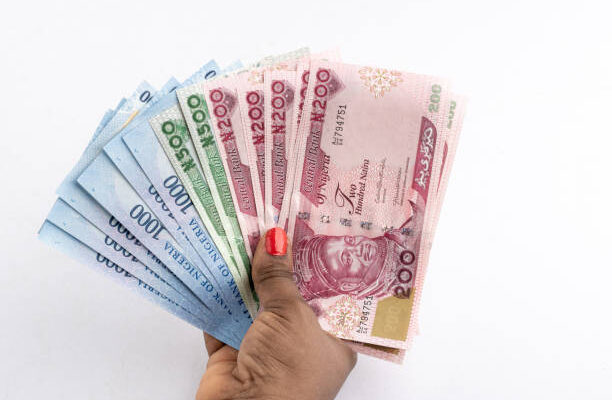The Nigerian naira showed remarkable resilience against the euro on Monday, even as the European currency surged aggressively against the U.S. dollar in international markets.
On the unofficial market, the euro/naira exchange rate climbed to N1,845, marking a breach of the critical N1,800/€ support level.
Despite this rise, traders noted that the naira’s performance remained relatively steady compared to the broader volatility seen in the global foreign exchange landscape.
The black market continues to serve as a crucial gauge for Nigeria’s foreign exchange availability, especially amid persistent restrictions by the Central Bank of Nigeria (CBN) on the official open market.
The CBN maintains tight controls over forex access, limiting funding for imports and Personal Travel Allowances (PTAs), which often drives more demand to the unofficial market.
Globally, the euro (EUR/USD) recorded a significant rally, surging past the 1.15 mark — its strongest performance since 2022 — before meeting resistance.
The euro’s strength was fueled by growing safe-haven buying, spurred by intensifying trade tensions and a weakening U.S. dollar.
The U.S. Dollar Index (DXY), a key measure of the dollar’s value against six major currencies, fell sharply to 98.2, its lowest level since March 2022.
This reversal followed three years of strength driven by previous trade policies under former President Donald Trump. However, recent geopolitical developments have drastically shifted market sentiment.
Adding to market anxiety, White House economic adviser Kevin Hassett revealed that the Trump administration is exploring the legal grounds for removing Federal Reserve Chair Jerome Powell — a move that could destabilize financial markets worldwide.
U.S. Senator Elizabeth Warren, speaking on CNBC, warned that any attempt to oust Powell would be catastrophic, asserting that it would destroy the independence of monetary policy and trigger a market collapse.
